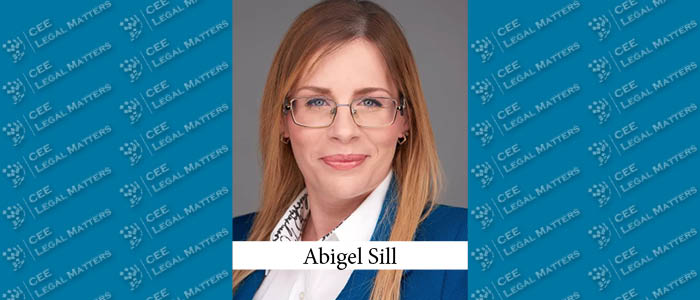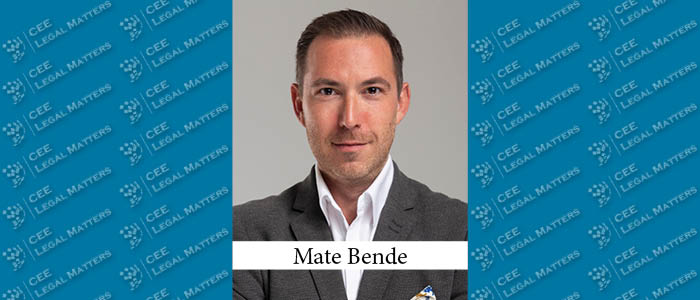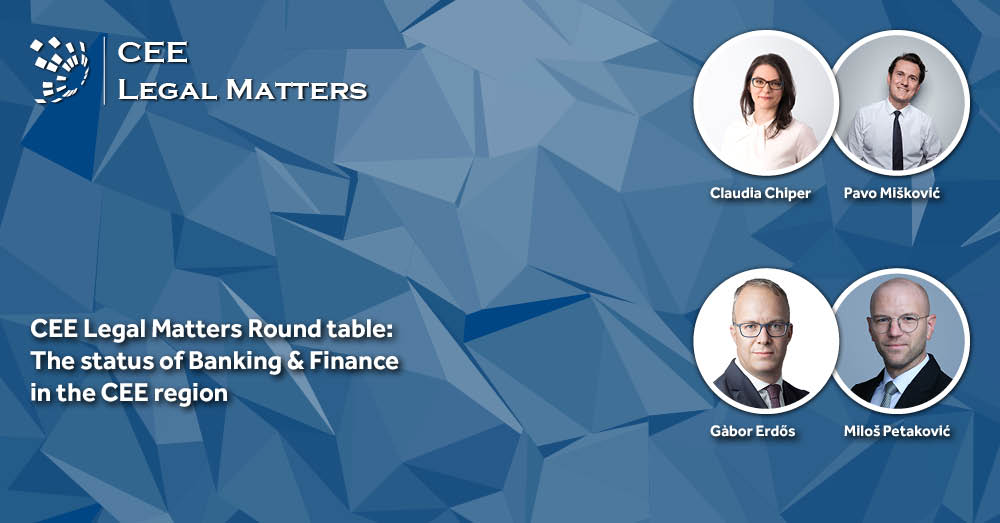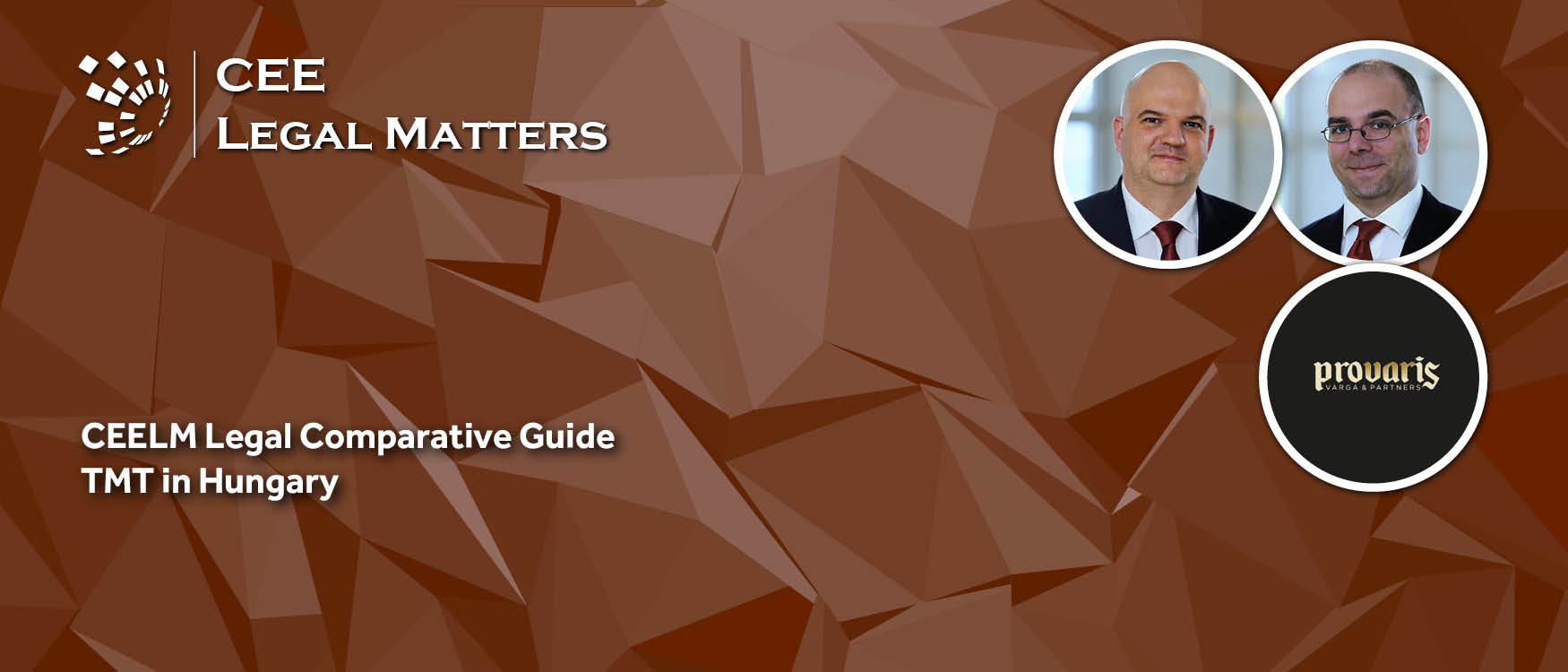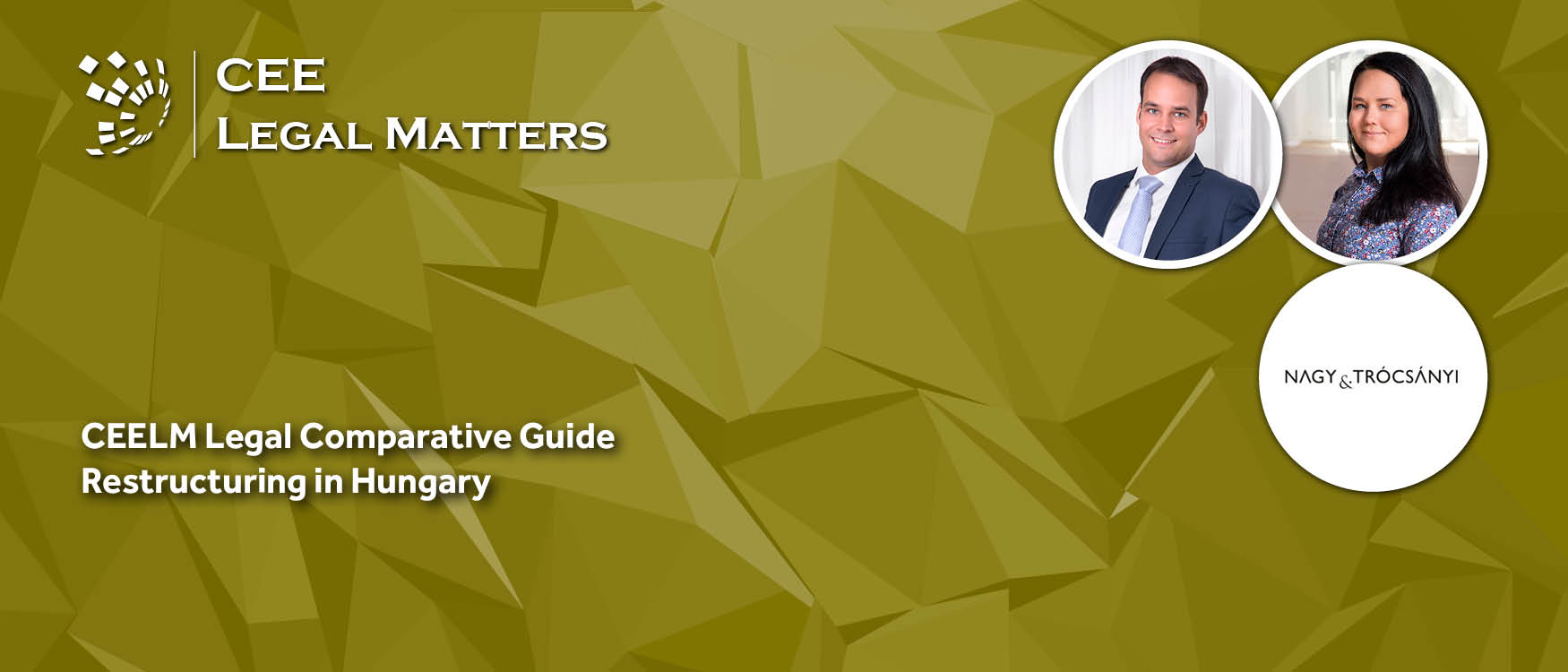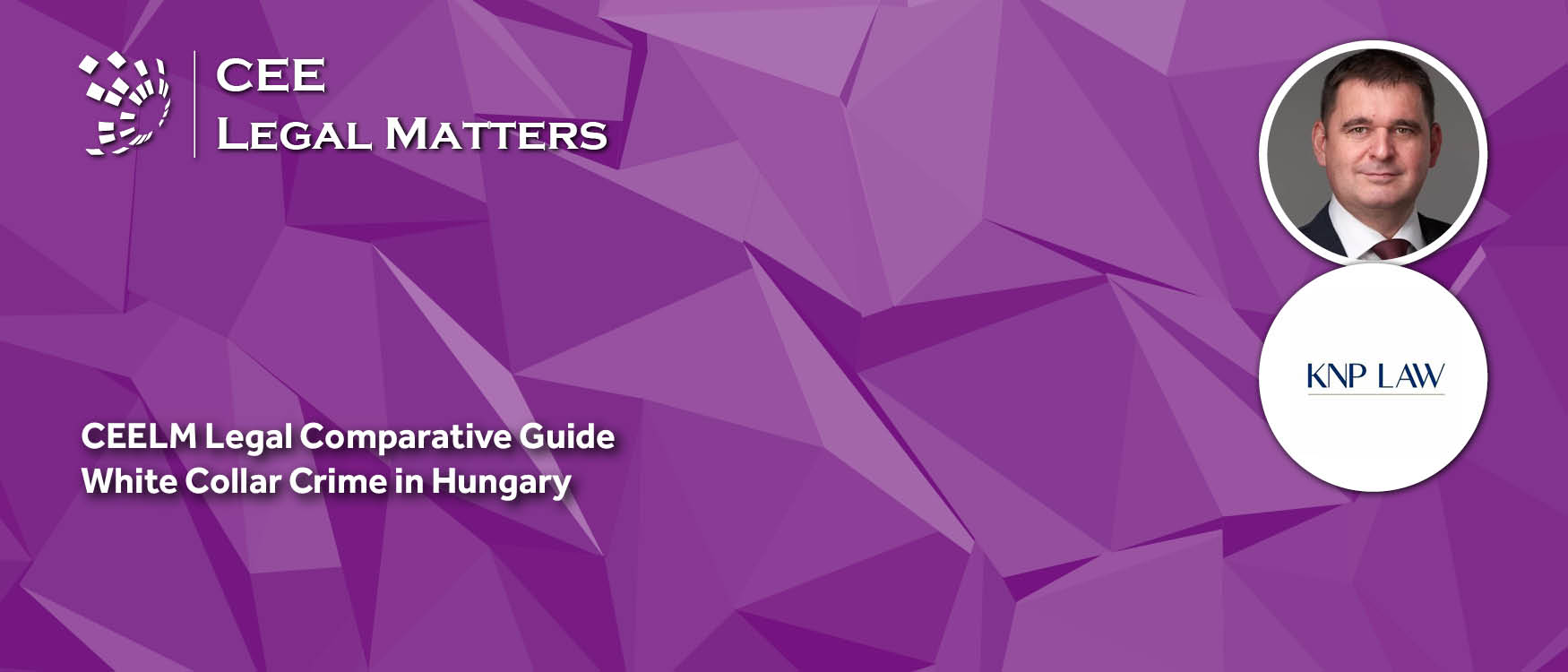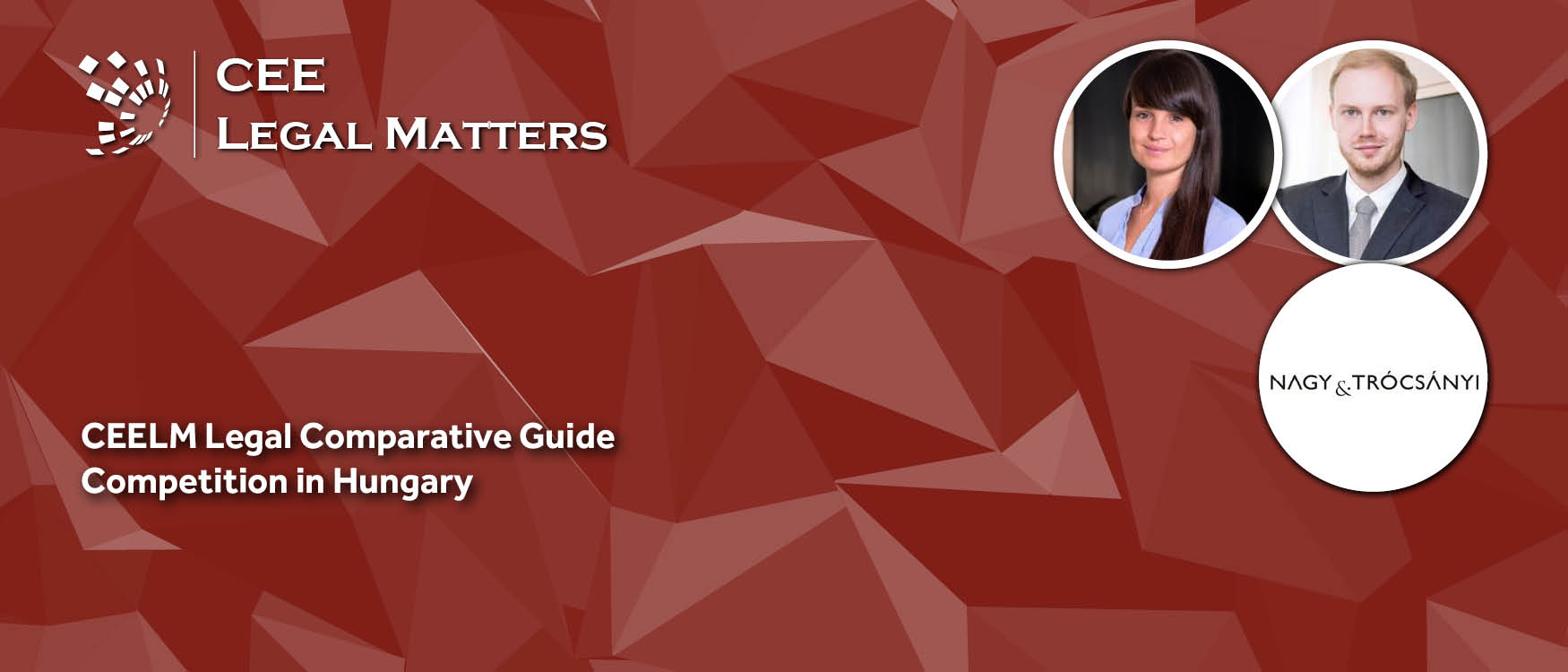Former KNP Law Attorney at Law Abigel Sill has been promoted to a Partner position with the Budapest firm.
Capital Markets in Hungary
Contributed by KCG Partners.
Is ChatGPT a Threat to Legal Marketing Professionals?
ChatGPT, an AI that claimed to be able to write an answer or even a brief article on any topic, became the talk of the year 2022. Copywriters, PR professionals, and marketing experts will all benefit from it greatly. But should we be scared?
Employment in Hungary
Contributed by Baker McKenzie.
Corporate Governance in Hungary
Contributed by KCG Partners.
The Status of CEE Banking & Finance: A CEE Legal Matters Round Table
On November 10, four Banking & Finance experts from Croatia, Hungary, Romania, and Serbia sat down for a virtual round table moderated by CEE Legal Matters Managing Editor Radu Cotarcea to discuss banking consolidation, financing availability, the effects of high interest rates, bank capitalization, green financing, the specter of loan restructuring, and the other challenges the sector is facing.
Electronic Signatures, Contracts, and Archiving in Hungary
Contributed by Provaris.
Restructuring Laws and Regulations in Hungary
Contributed by Nagy es Trocsanyi.
ESG Talks: M&A Trends and the Future of Due Diligence – A CEE Legal Matters Round Table
On July 7, four leading lawyers from Austria, the Czech Republic, Hungary, and Ukraine sat down for a virtual round table moderated by CEE Legal Matters Managing Editor Radu Cotarcea to discuss the increasing prominence of ESG issues and their impact on M&A transactions, due diligence procedures, and the role of the lawyers themselves.
White Collar Crime Laws and Regulations in Hungary
Contributed by KNP Law.
Real Estate Laws and Regulations in Hungary
Contributed by Nagy es Trocsanyi.
Competition and Competition Litigation Laws and Regulations in Hungary
Contributed by Nagy & Trocsanyi.
Employment Considerations in a COVID-19 World: A Hungarian Round Table
On October 7, six leading labor lawyers in Hungary sat down for a virtual round table moderated by CEE Legal Matters Managing Editor Radu Cotarcea. The conversation focused on the current state of affairs of labor regulations in Hungary and their evolution over the pandemic-marked last few months.
An Unusual Year in Review: Our Annual Expert Round Table
On December 15, 2020 CEELM gathered legal experts from across the region for its annual Year-in-Review Round Table conversation. In a wide-ranging discussion, participants shared opinions and perspectives on their markets, on strong (and less-strong) practices across the region, and the effect of the COVID-19 crisis on both, as well as on how technology is changing the legal industry, and what the industry will look like in 2021.
Tapping Capital: Sources of and Problems with Financing in the Hungarian Market
The Hungarian financial market finished 2019 in a strong position. Intrigued by what many have described as a “special” year, CEE Legal Matters sat down with several of the nation’s leading Banking/Finance lawyers at Lakatos, Koves & Partners’ offices in Budapest to learn more.
Capital Markets in Hungary
Contributed by Kinstellar.
CEELM Covid-19 Comparative Legal Guide: Contracts in Hungary
Contributed by Nagy es Trocsanyi

